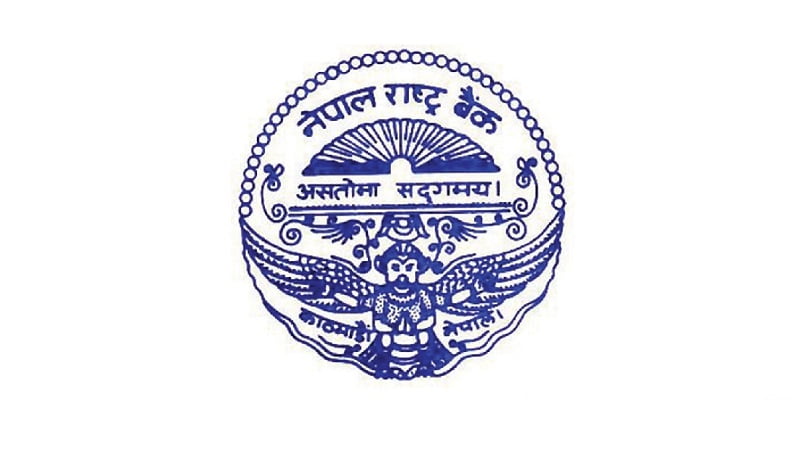Internet is a new dimension and it is constantly evolving. There are many benefits of this technology and there are many cons as well. We all must take the benefits and enjoy the sweet fruits of this big worldwide garden. But we also must be careful about the dark side. Cybercrime is very serious and Nepal police are always looking on this matter. As the power of the internet increases the crimes also increase with it. There are various acts and rules like the Electronics Transaction Act 2063, National ICT Policy 2072 and Electronics Transaction Rules 2064. All these provide guidelines and rules for the internet, computer, and digital IT space. This is a very serious space and we want to discuss on the topic of cybercrime and penalties in Nepal.
Our country has many sectors working on online, electronics and internet space. Central Investigation Bureau (CIB) is the Nepal Police’s division that works on the issues regarding this sector. CIB is core investigation unit but they also help people on a case related to Cyber Crime in Nepal. Nepal Police is also establishing a Cyber Bureau. As we all are connected to the internet with some medium, we want to talk about it. Most of us are indulged in social media sites like Facebook, Twitter, Linked In. Similarly, many of us use YouTube, Blogspot to do blogging and vlogging. These are all big public platforms. Therefore we must be very careful every time we do any activity.
Cyber Law, Crimes, and Scope
The Cyber Law in Nepal of Nepal is meant to control the cyberspace. Mainly our government uses the Electronics Transaction Act 2063 to govern. This is a very critical activity and we have to know about this. On top of that, Nepal law commission has Electronic Transactions Rules 2064 (2007). These are the main acts and laws. In the past, any criminal act done using a computer was taken as cybercrime. However, in today’s world, the scope is different. We have internet, mobile data, smartphones, tablets, smartwatches and a lot of IoT gadgets. So, for now, any criminal activity was done using these mediums are also a crime.
There are lots of platforms, apps, website, and medium to share things, make a public announcement. Therefore all those electronics medium also fall under these acts and laws. Facebook account hacking, website hacking, blackmailing through electronics medium, IP theft, cyberbullying, online harassment are some examples of crimes of this space. Nepal Police also issued warning to people to not involve in such activities. These days editing photos of people, harassing them, defaming people is on the rise. Making memes and jokes can also land someone in jail.
Freedom of speech is a fundamental right in a democratic system but things change in digital space. Comical satire, a negative review in print media may be acceptable in law. However, in the case of digital space, the same content can come under crime. It is because of the Electronics Transaction Act (ETA) of Nepal. So just a change in publishing medium can be very dangerous. For example, if a person tells a joke in public that someone doesn’t like, it can be charged under the Public Offence Act. But if the same video is in online like YouTube, it comes under Cybercrime.
Important Cyberlaw and Punishments of Crimes
There are many cyber crimes and there are different cyber laws to tackle with them. Some popular crimes in Nepali digital space are cyberbullying, stealing credentials, hacking websites and social accounts, defacing, doxing, photo, mutilation, phishing, etc. Fake Facebook friends scam is also a big problem. So we all must be very careful. Our judicial system has some rules and punishment for such crimes. All laws and acts regarding Cybercrime and penalties in Nepal are according to the Electronics Transaction Act 2063 (2008).
- Section 48: Piracy, Destruction, and Alteration of the Computer source code is a big offense. The punishment for a crime under this act can be up to 3 years of conviction or a maximum penalty of Rs 2,00,000 or both.
- Section 45: Unauthorized access in Computer Material by any person who is not supposed to access the equipment, program, code is also punishable. The punishment is the same maximum 3 years imprisonment or maximum 2 Lakh rupees fine.
- Sec. 47: Publication of Illegal Material in electronic form. This is the biggest and wide act. If anyone publishes any content that does defamation, creates hate, destroys the public image, does public shaming or shares derogatory content can be punished. There is provision for 5 years prison and a fine up to Rs 1,00,000.
- Section 48: Confidentiality to Divulge. Under this, if anyone destroys the confidentiality of records, information, logs, letter, memo, archive, etc by disclosing to any unauthorized person is punishable. The punishment is maximum of 2 years in jail or Rs 10,000 fine or both.
- Section 49: To Inform False Statement – Maximum fine is Rs 1,00,000 and jail time is 2 years.
Other Important Acts Under ETA 2063
- Section 52: Computer Fraud: It encompasses crimes regarding ATM, digital signature certificate, fraud and publishing illegal content. Maximum Punishment can be Rs 1 Lakh fine or 2 years imprisonment or both.
- Section 53: Committing Computer Related Offence: The maximum punishment can be either Rs 50,000 fine or 6 months prison or both.
- Sec. 56: Government can confiscate any electronic device like computer, router, modem, smartphone, tablet, laptop, etc which has been involved in crime or is evidence.
- Section 55: If any offence is committed outside of Nepali land which affects the computer and network system inside Nepal, it is also punishable under law.
- Section 57: Offence Committed by a corporate body is also punishable. Mainly a person or chief of operation is liable for crime done by the corporate body. But if such activities happen without his/her knowledge the chief is not held responsible.
We urge everyone to read the acts and laws of Nepal that is related to their field. For people and company officials it is very important to study the National Information and Communication Technology Policy 2015, ETA 2063 and ETR 2064. Actually the Cyber Law of Nepal or let us say Electronics Transaction Rules 2074 comes under the ETA 2063/2008. It is a bit more detailed so we also advise related people to study that as well.








